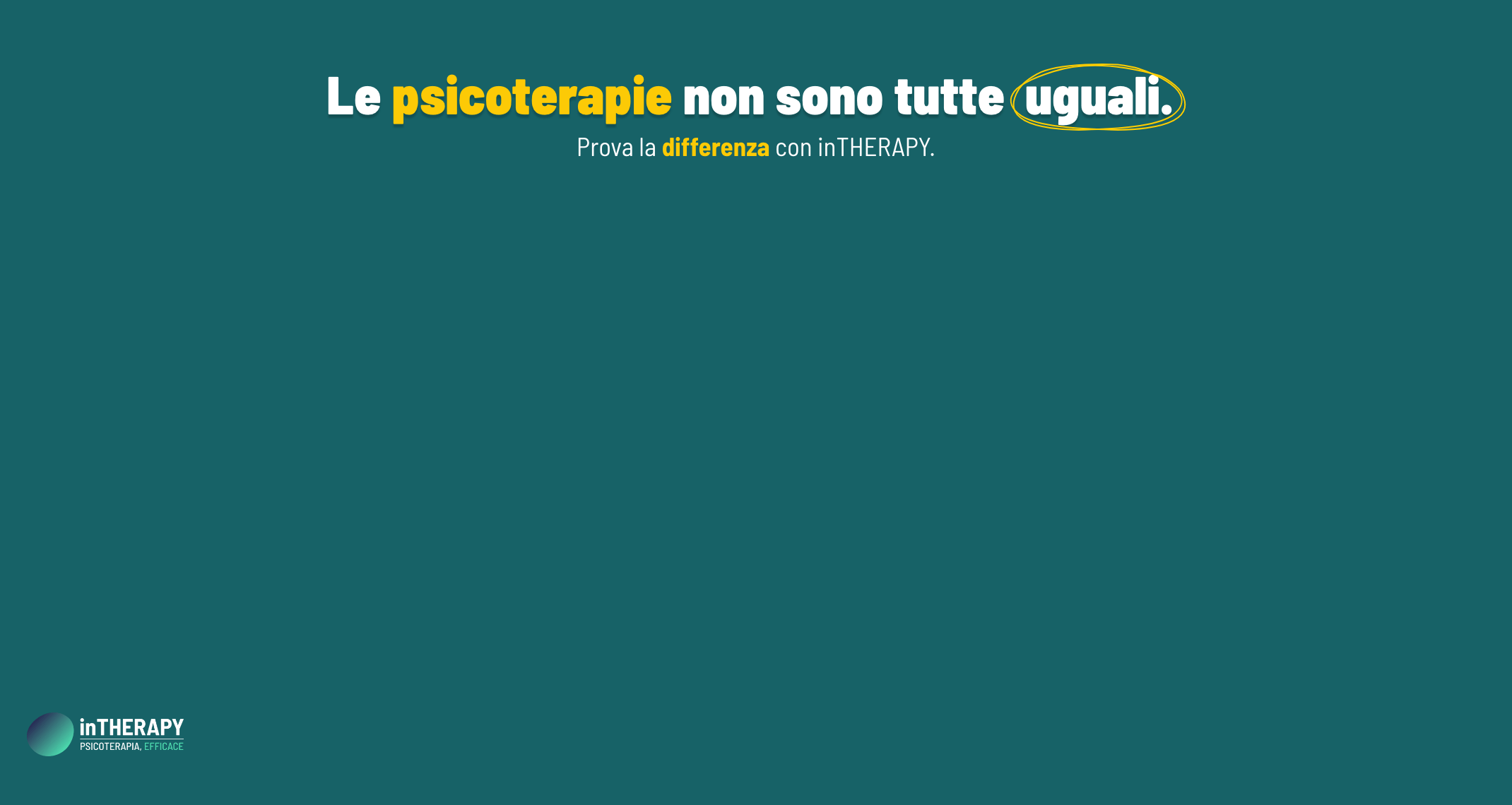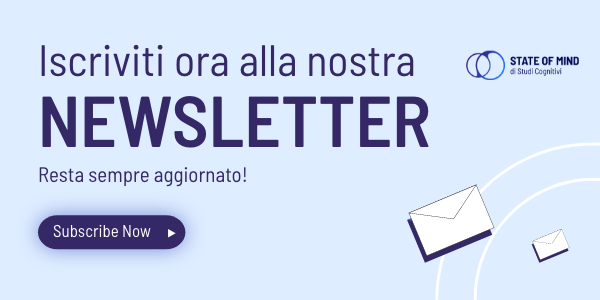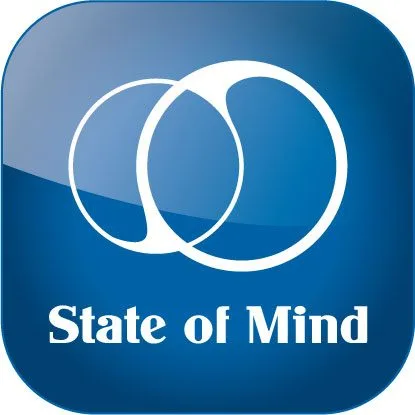State of Mind
GUIDELINES FOR ARTICLE EDITING
BEFORE WRITING:
-
Decide your audience: Target individuals working in the field of psychology (e.g. Psychologists, Psychiatrists, Psychotherapists, or Researchers) or the mainstream public (people without knowledge of the subject). On the base of your ideal audience, try to write in a style catered towards them (i.e. academic or journalistic).
-
Try to focus on the core concept of your article: Try to focus your article around a central concept and see if it could be defined by a single word (or a group of 2-3 words) >>> that will be your focus-keyword. Try to repeat (pertinently) the focus-keyword as much as you can in the article. Google and other search engines will rate and index the article better and will reward a good focus-keyword-based article construction with a better placement in search results.
WRITING AN ARTICLE:
-
Title:When thinking of a title for your article, bear in mind that Google and other search engines only display titles of 70 characters. On the website we can use longer titles, but a shortened version would be required for the SEO (search engine optimization). It is mandatory to repeat the focus-keyword in the title. Therefore if you want you can propose 2 different versions of the title, one for the in page and one for the SEO.
-
Subtitle: A subtitle can be used to explain the content of the article with a few more words. If you want to suggest a subtitle for the article it will be displayed in page as a subtitle and as the meta-description of the page on Google and other search engines. The subtitle can be a maximum of 140 characters. Once again, it has to display the focus-keyword.
-
Shorter is better: Writing for the web is different from peer reviewed articles in scientific journals: articles work well when they are short (ideal length: 600-800 words). Longer article are accepted, but we suggest dividing your content into short episodes (that also engages users, motivating them to come back). This rule applies better to mainstream articles, scientific specialized content is less subject to those kinds of restrictions.
-
Media: Any sort of media materials (e.g. images, tabs, graphs, slides, videos, infographics or audio files) are welcome. We upload those materials on our channels (i.e. slideshare and youtube) and embed them directly into the articles. On this subject, please always specify if you are the author of the material or if you received authorization to use it (e.g. Creative Commons License, always quote the author).
-
Article graphics: Authors have three options for including article graphics: (1) the image is yours (2) the image is completely useable for commercial purposes (meaning it is covered by the Creative Commons License) (3) The image has been found on www.fotolia.com (Stateofmind has a subscription, so every image labeled with a “S” is available to us): just send the link to the image, we’ll purchase it and use it for the article. Remember, if the image is not your own, always reference the author.
-
Referencing: Include references in all of your articles). Use the APA standard for references.
-
Further information: If you like, you can also propose some further readings or suggested media/websites.
If you want to engage the readers and try to stimulate conversation and comments, try to end the article with a question, addressing directly the readers. Interrogative titles also work very good to raise curiosity and attention.
ANY QUESTIONS CAN BE REFERED TO:
Flavio Ponzio – info.stateofmind (at) gmail (dot) com
PLEASE SUBMIT YOUR ARTICLES TO:
info.stateofmind (at) gmail (dot) com
NOTE FOR THE AUTHORS:
After your third article gets published, State of Mind will activate an Author Profile: This profile is a webpage dedicated to explaining your professional interests and goals. This can include links to any books, chapters, papers, and subject related activities of your choosing. You can also include your work contact information (e.g. telephone number, address, LinkedIn, Twitter, Facebook, biography, etc…)




